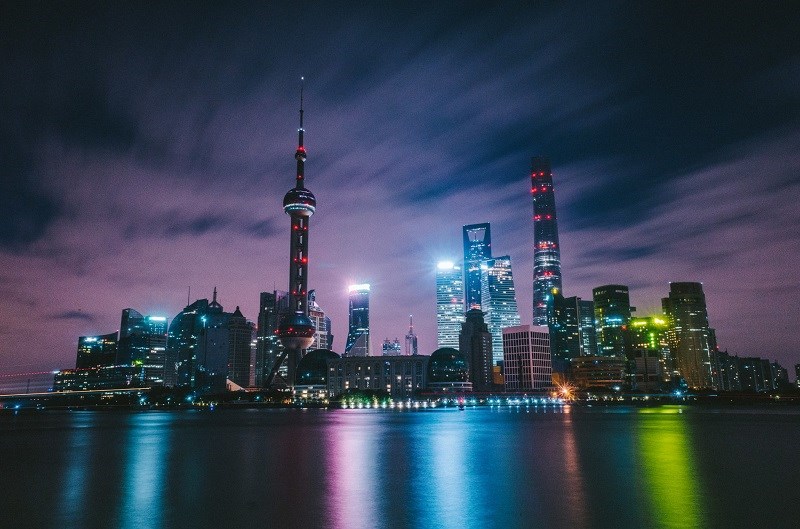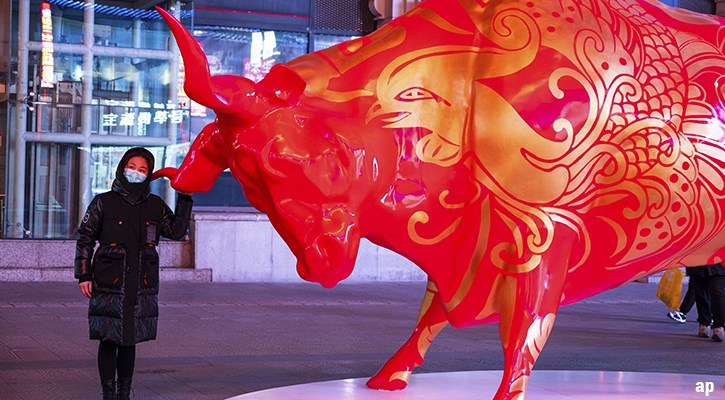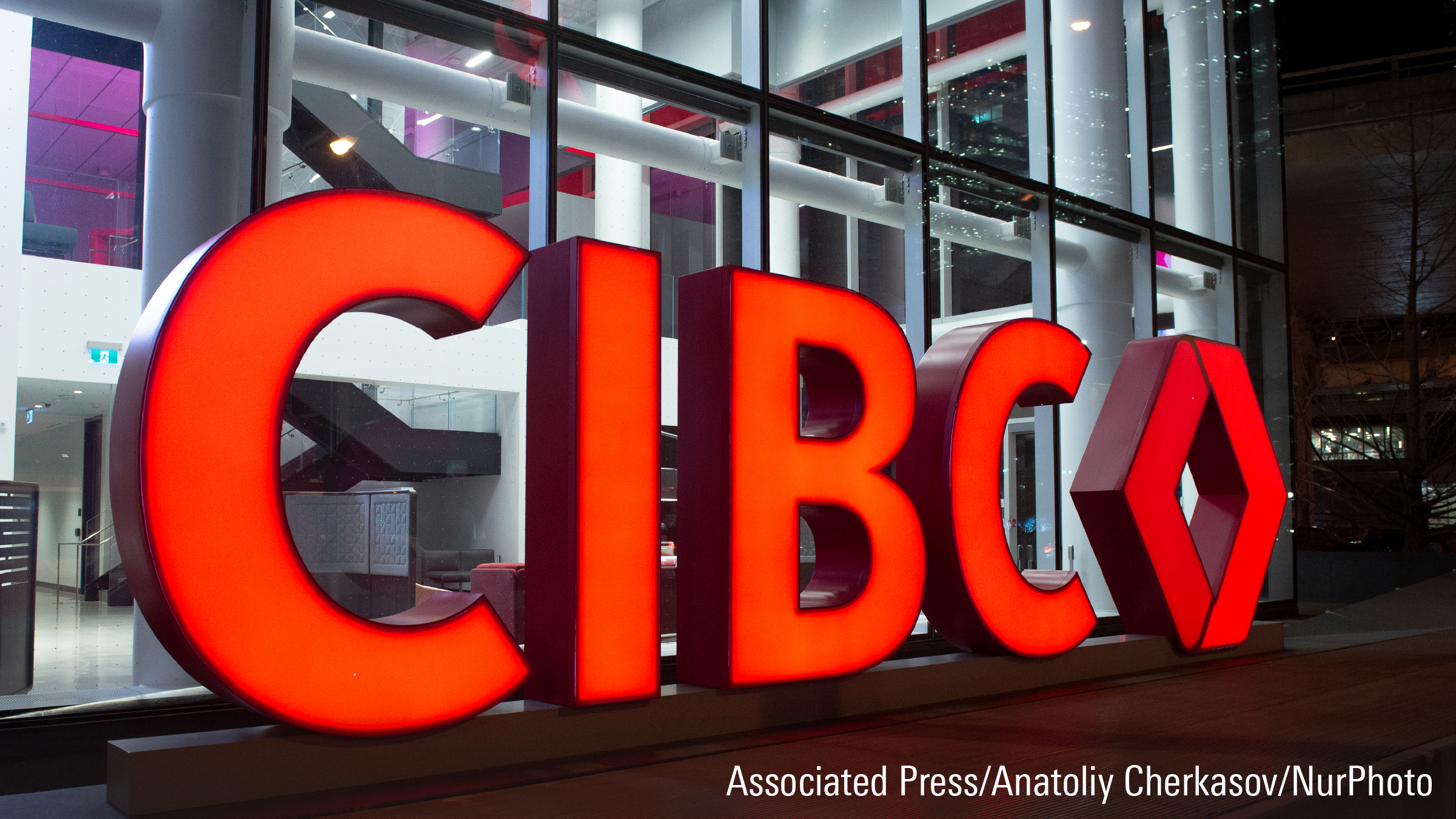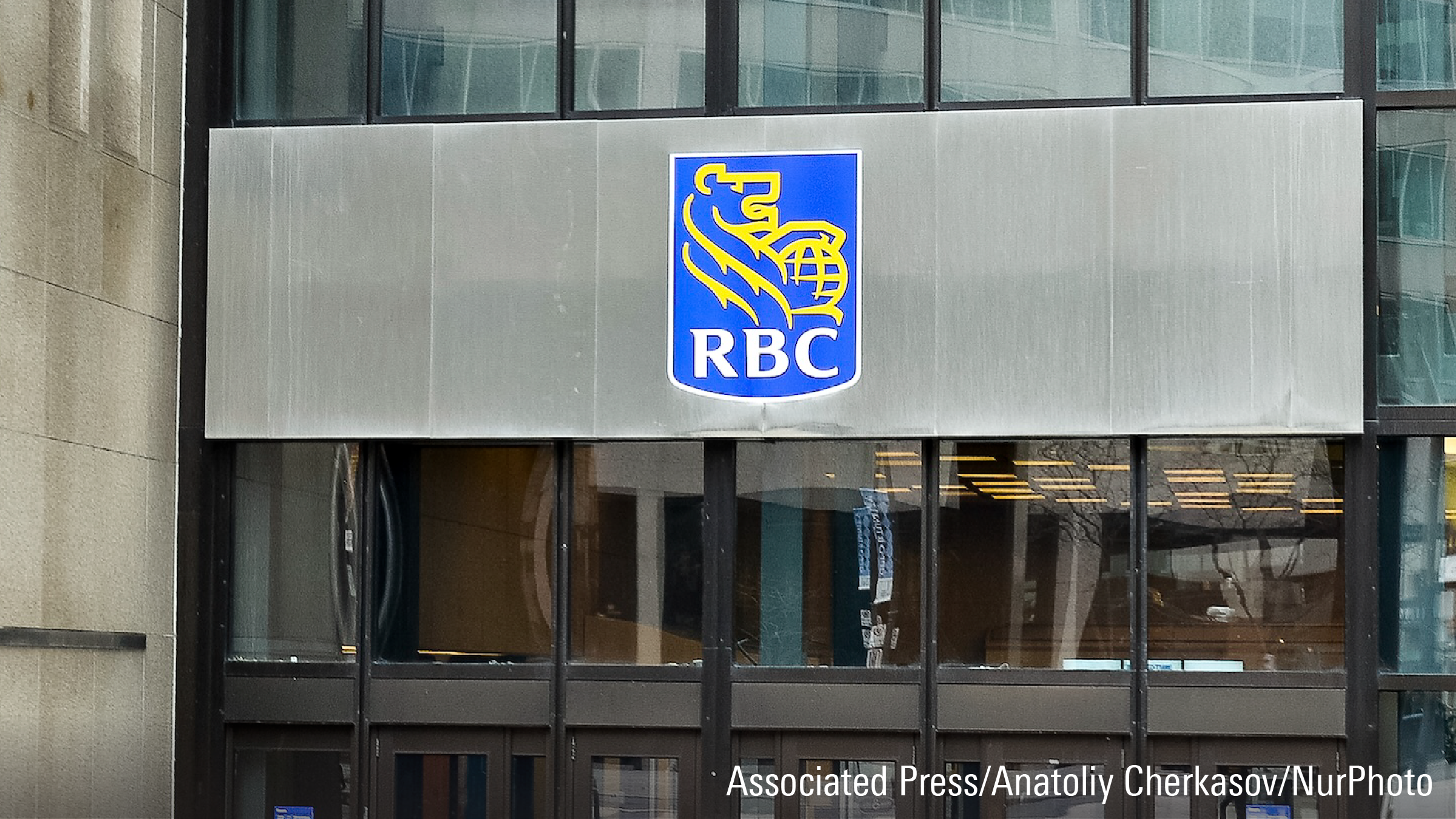
Editor's note: Read the latest on how the coronavirus is rattling the markets and what you can do to navigate it
As the markets recover from the lows of March, investors are once again looking for opportunities and growth. Investors in Canada have a few favourite hunting grounds – dividends, energy, and Canadian banks. However, retail Canadian investors are particularly susceptible to home country bias, or a disproportional investment in securities that are domiciled in Canada.
As Morningstar Canada’s director of investment research Ian Tam points out, home country bias means you're missing out on opportunities for growth outside of Canada. “Along the theme of diversification, it's worthwhile to pay attention not only to the mix between stocks and bonds but also the geographic exposure of your portfolio for diversification,” he says.
One great place to invest in fast growth is in emerging markets. Because of the COVID-19 pandemic, valuations have become more attractive, and some investors have wondered if now is the time to take the plunge and invest. Invesco’s Jeff Feng has been increasing weight in his existing positions in emerging markets, as attractive companies corrected.
“Prior to the downturn, there were fewer investable opportunities on our watchlist as a result of elevated valuations. Now, valuations of these high-quality businesses have continued to remain expensive, so instead, we opted to increase our weight in existing positions rather than adding new names to the portfolio. A lot of our existing holdings were already relatively more attractively valued, and they corrected along with the market.” Feng notes.
Emerging markets also have higher risks, both macro and micro, that investors need to consider before committing to any market, country or company. One global risk that is top of mind for all investors is the virus, and Feng doesn’t think the worst is over on that front yet.
Pandemic Far From Over, China Ready for Round 2
Feng, who is senior portfolio manager of the 5-star rated Invesco Emerging Markets Class F expects to see further volatility over the next few months as earnings are released, and as a resurgence in the virus in certain regions forces businesses to close yet again.
He notes that China, fortunately, was able to control the virus outbreak better than many other countries, while many other emerging markets dealt with the crises even worse than their developed market counterparts, with the crash in crude oil only adding further economic pain for many.
“The cost to contain this outbreak will be high for a lot of countries. China was preemptive in its containment efforts which should minimize the cost, relatively speaking, as a percentage of their GDP. Looking forward, the Chinese government has more tools at their disposal to stimulate the economy, both monetary and fiscally, which should give a good boost to the economy and thus makes it well-positioned to other countries,” he outlines.
While it is still early days, Feng is beginning to see some stabilization in China, and continues to be overweight the country. “We believe that China will likely emerge from the crisis with an even stronger position within the global economy and valuations are not at a premium,” he says, adding that it’s important to keep in mind that any over or underweights within the portfolio are strictly a result of his bottom-up fundamental process rather than any top-down view of the economy.
What about Protectionism?
China is highly integrated with many markets around the world, and many countries have integrated supply chains with China. But after the supply shocks because of the economic lockdowns in China, will this continue to remain the case? Feng thinks things might change.
“Many production facilities will migrate from China to countries with lower labour costs. We believe the virus, trade war, and recent Hong Kong developments are catalysts to accelerate this shift, one that will be incredibly important to consider when investing in Chinese stocks,” he warns, adding that for many industries, unwinding the complex supply chain network would be extremely challenging, very costly, and will take years if it is even possible.
“We believe the most likely outcome will be a mixed approach based on industry. There will be a departure of production bases for some industries as we observed in apparel manufacturing. Conversely, China will retain production for many industries because it has the most competitive chains of production,” Feng says.
Short-Term Pain, Long-Term Gain
Given the concerns about trade wars and a potential backlash due to the virus, investors are wary of investing in companies, or even countries, that are highly dependent on exports. Export-oriented businesses typically derive competitive advantages from a lower cost base stemming from cheaper labour, government subsidies, favourable policies or natural resources. Feng acknowledges that these advantages are not necessarily sustainable and are susceptible to commodities price and foreign exchange volatility.
“Our belief is that it’s important to be highly selective, investing in companies with strong and endurable economic moats. Even beyond China, we are only able to find a select few companies dependent on exports that meet these criteria, such as Samsung Electronics, Taiwan Semiconductor, and two manufacturers in East Asia that are leaders in niche markets,” he says.
The companies he owns in China are e-commerce focused. “Companies like Alibaba benefitted from people ordering more products and food to their homes. Tencent, the leading video game distributor in China, benefitted from people looking for entertainment during the crisis. Some core holdings, like New Oriental Education will benefit after this event, as with the virus’ impact, many classes will see a migration to online and only larger players have the proper IT system infrastructure,” Feng says, adding that ultimately, it is short-term pain, but long-term gain.
Underweight on India
Similar to most emerging market countries, the demographics in India provide tremendous long-term growth. The large population is very young, with a rising middle class that can lead to a great long-term consumption opportunity.
“The challenge for us has been finding high-quality businesses that can capitalize on this opportunity at attractive valuations. As a result, we have continued to be underweight India,” Feng says. He is keeping an eye on the consumer and financial sectors.
“We like a number of consumer companies in India, however, they continue to trade at expensive valuations and have not corrected, during this period. Some of the stocks have actually appreciated as the sector is considered a safe haven. There are some issues within the financial sector including a slew of job losses across multiple sectors, particularly real estate,” he notes.
India has a large proportion of micro-, small-, and medium-sized businesses (MSMEs), which have come under intense pressure as businesses have locked down. These small entrepreneurs rely on Non-Bank Financial Companies (NBFC) for credit and liquidity. NBFCs in India have struggled in the last 1-2 years due to elevated debt levels and defaults of some big NBFCs. As a result, NBFCs who rely on wholesale funding from banks and bond markets have no funds to lend.
“Banks dealing with their own asset quality challenges due to closure of businesses have become very risk-averse in this situation and are not lending to NBFCs. The Indian central bank, the Reserve Bank of India, has taken several actions to increase liquidity in the financial system by lowering rates and performing open market repo operations, however, there is no risk appetite in the system to ensure NBFCs and microlenders receive funds. Given this backdrop, it is expected that weaker NBFCs will not survive, although larger banks and NBFCs that have very strong balance sheets and enough reserves will be able to withstand any asset quality issues arising from the COVID-19 situation. As a result, many will emerge stronger,” he notes, adding that he owns one stock in the financial sector in India, and continues to watch several other companies he believes can capitalize on India’s short-term struggles but are currently trading at elevated valuations.
Other Markets
Feng points out that though Latin America has been one of the last regions to be hit by the virus, their economies were already fragile.
“Our holdings were higher quality companies in the consumer sector in Mexico. These stocks performed relatively well. Being mindful of valuations also kept us out of countries like Argentina and Brazil, which saw some of the steepest declines throughout Q1. In fact, we visited the region in November but found the valuations for high-quality businesses too high. The recent downturn has given us the opportunity to begin to add some new ideas in Latin America,” he says.
He adds that Mexico and Brazil were very late to implement quarantine and social distancing practices. While Mexico was in better fiscal shape than Brazil going into the crisis, Feng expects the decline in GDP for Mexico to be sharper.
“While Brazil was one of the worst-performing markets in Q1, valuations for high-quality businesses are still not compelling. That being said, we were able to capitalize on the weakness and add one high quality defensive stock from our watch list. We also were able to add an e-commerce stock from Argentina that generates a large percentage of its business in Brazil. Generally speaking, we like platform businesses. They tend to have high fixed costs and low incremental costs leading to high incremental margins,” he says.
He has also begun to see some compelling opportunities in emerging Europe as valuations have come down.
How exposed is your equity?
Get the global makeup of equity indexes with our free tool here





















